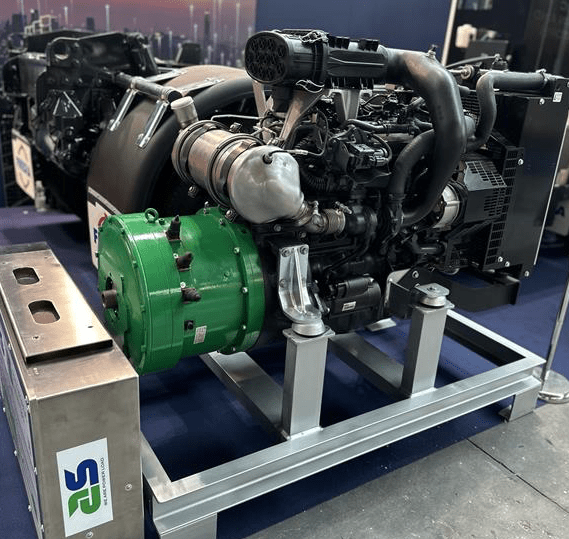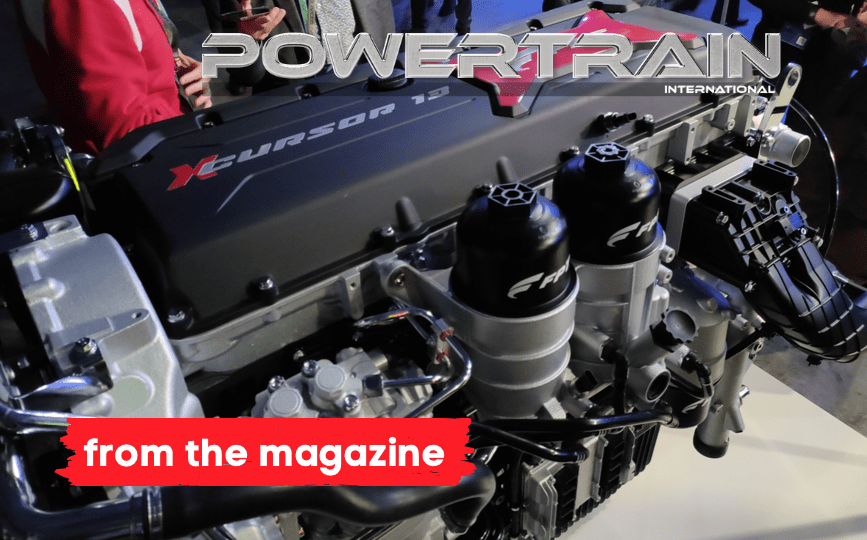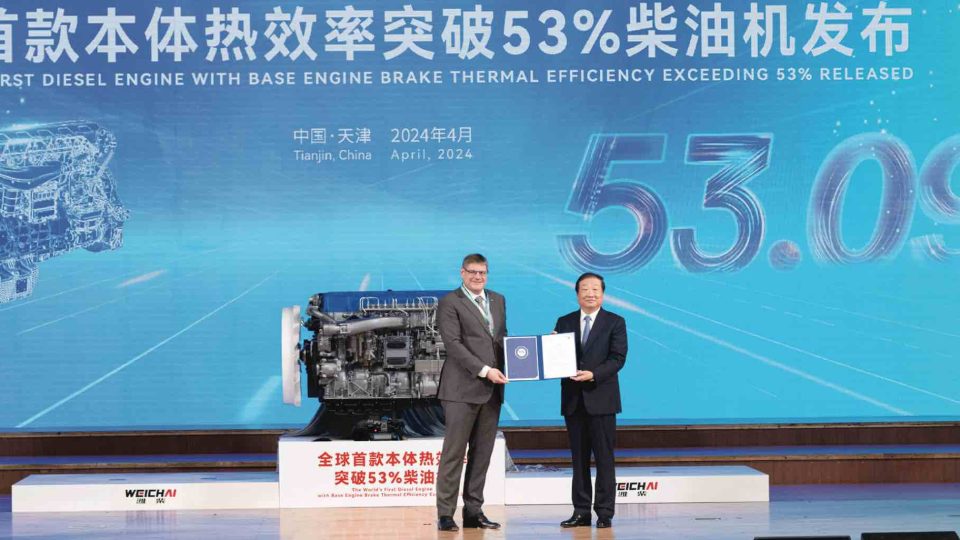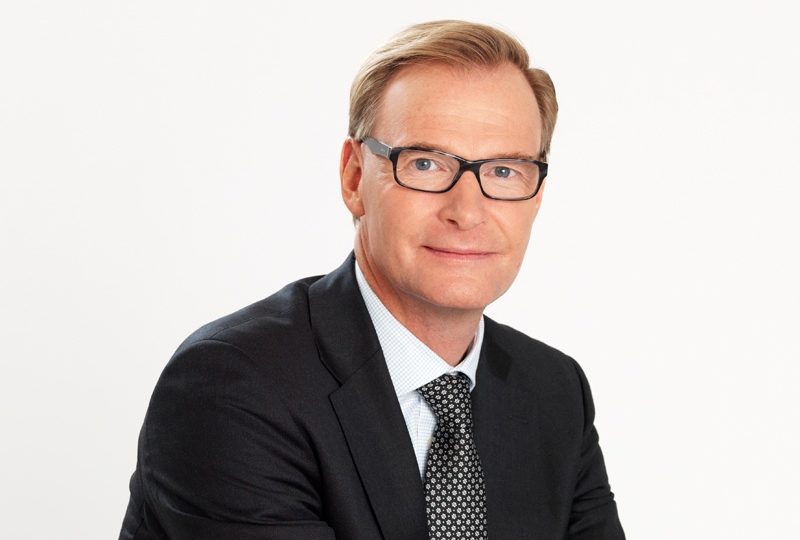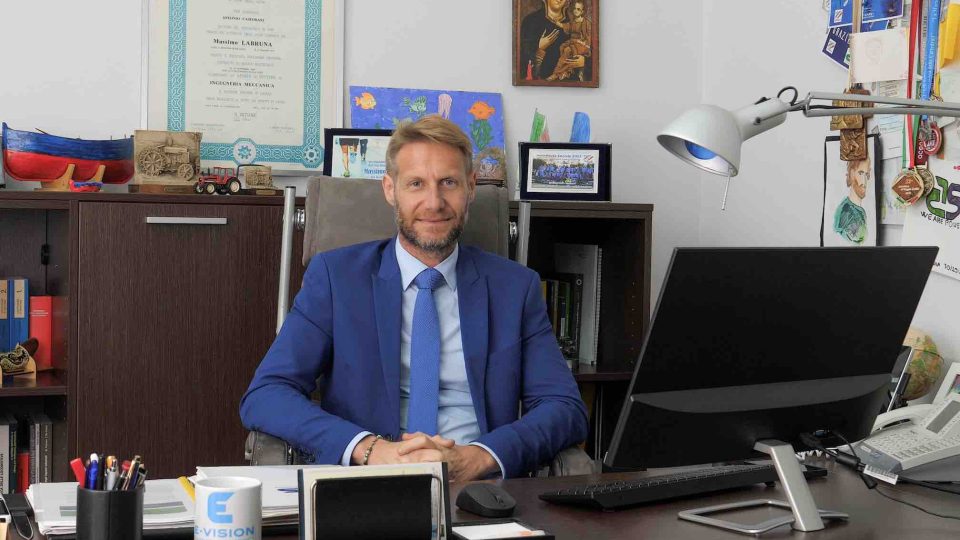ASSIOT, power and motion from Italy
ASSIOT is the Italian Association of Manufacturers of Transmission and Gears. When we spoke with Tomaso Carraro, head of both ASSIOT and Eurotrans, back in 2015, there was a scent of optimism in the air. Looking at the present, despite the ghost of stagnation affecting the Italian economy once again, this sector remains alive. Assunta […]
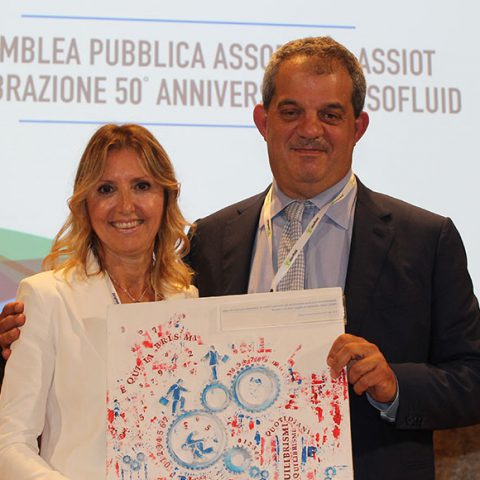
ASSIOT is the Italian Association of Manufacturers of Transmission and Gears. When we spoke with Tomaso Carraro, head of both ASSIOT and Eurotrans, back in 2015, there was a scent of optimism in the air.
Looking at the present, despite the ghost of stagnation affecting the Italian economy once again, this sector remains alive.
Assunta Galbiati is now leading Assiot and she gave us some impressions about the current situation.
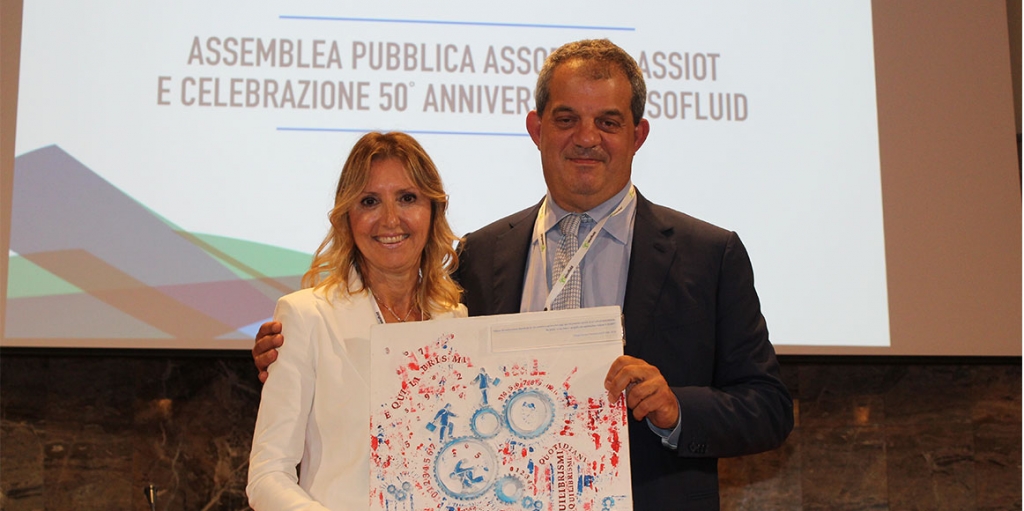
Does the gear sector continue to be a driven by the “Made in Italy” or does it suffer Asian competition?
I think that the “Made in Italy” gear will continue to be central and very important also for the coming years: what makes the Made in Italy winning on the international scene is the constant attention of the entrepreneurs to the needs of the customers, and their ability to offer tailored solutions, always keeping up with technological and market evolution. This feature gives us a little more shelter from the Asian competition which, instead, has its strength in the ability to produce large quantities of items at competitive prices in standard production.
Which sector drives the production within the Assiot universe, with reference to mobile and stationary applications (those on which DIESEL International focuses on)?
To give you a complete answer, we must first make a distinction between quantitative terms and qualitative terms: in terms of volume, the driving sector are certainly the ones of bearings, linear guides, and the linked components that are responsible for about one third of the national production; from a qualitative point of view, on the other hand, the most competitive sectors are undoubtedly the ones of transmission systems and of gearing which, historically, have recorded the best performances, both in terms of understanding the national market and in the ability to penetrate the international markets.
A truly electric powertrain does not come from a simple replacement of the thermal engine with an asynchronous and battery pack. How do the partners face the transition to electrification? Bonfiglioli, for example, recently inaugurated its electromobility division in Forlì.
Companies, internally but also through collaborations with external partners, are creating new ‘training paths’ to reduce the skill gap, which at this time is perhaps the biggest problem they face.
On this matter, indeed, there is a problem that even the most structured realities are unable to solve by themselves and, to which, they try to give an answer by addressing “collaborative areas” such as industry associations: I am talking about the right training inside the supply chain , which plays a fundamental role in the competitiveness of Italian industry. The big players are able to train their own collaborators but, in order to spread the necessary skills even among the collaborators of their suppliers, they need to go through “system actions”.
ASSIOT, until yesterday, and FEDERTEC, from now on, to meet the needs of the associates, is delivering specific training courses, so to support this epochal change of the industrial world within everyone’s reach.
BONFIGLIOLI AND ELECTROMOBILITY
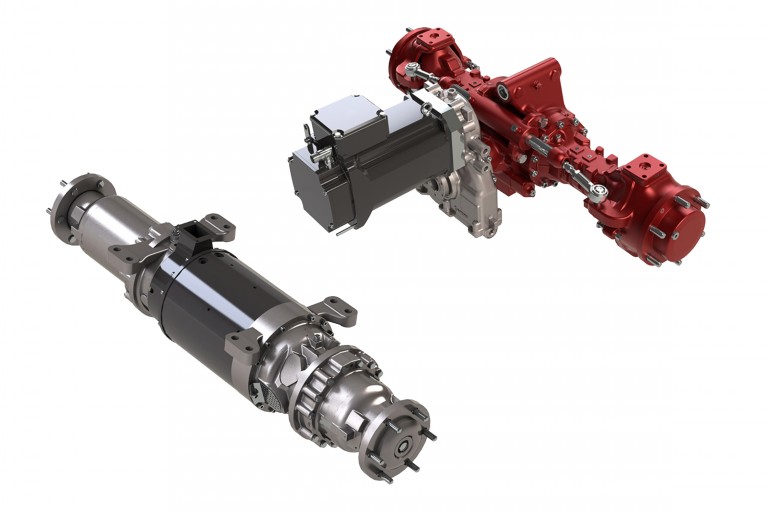
It is possible to imagine a greater interconnection between the big German power transmission players and ASSIOT associates in order to penetrate the Chinese and Indian markets and in response to the activism of American competitors (just think of Dana’s acquisition campaign in Italy)?
It is difficult to answer this question with certainty. Undoubtedly, the dynamics inside in the two countries’ ways of doing business have their relevance, although it can be said that Italy and Germany are in good business relationships for their reciprocal complementarity, so a commercial/economic relationship already exists and it is bringing results.
The competition we find ourselves dealing with is the Asian and US one, two very strong industries that have some particular characteristics, one with the supply of large quantities at advantageous prices and the other for the availability of resources and the consequent capability of acquisition that has manifested: the example of Dana is perfect in this sense; however, even in this case it should be emphasized that a giant of this size has nevertheless decided to place its second production unit in the world in Italy, also because of the market and culture that a country like Italy has in this sector.
Starting from the assumption that the Italian industry is characterized by SMEs and provides customized solutions for its customers always keeping up with technological evolution and the German one, on the other hand, is as structured as the American and Chinese ones and offers high quality standard products, we could say that, if we were really able to put together our best features, we would be without a doubt, the best suppliers in the world and we should not fear either competition…
DANA ACQUIRED DRIVE SYSTEMS FROM OERLIKON
To the question “what would you ask to the next president of Eurotrans”, your predecessor, Tomaso Carraro, in 2015, answered: “I would have hoped to have more influence on the integration of European interests, rather than on the promotion of the interests of the individual nations “. Has this convergence finally begun or are we still at the start?
At the European level, national industries and their representative organizations are still very strong in their ‘independence’. Eurotrans is still suffering from a lack of integration. I can say that we are still far from the hope of Tomaso Carraro and I want to add that it is precisely the European industries represented by the strongest national organizations that are, in my opinion, the greatest obstacle.

